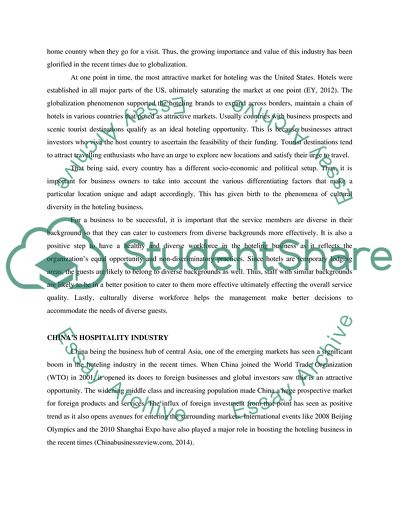Cite this document
(“Culture diversity in Chinese hospitality industry Essay”, n.d.)
Culture diversity in Chinese hospitality industry Essay. Retrieved from https://studentshare.org/social-science/1648058-culture-diversity-in-chinese-hospitality-industry
Culture diversity in Chinese hospitality industry Essay. Retrieved from https://studentshare.org/social-science/1648058-culture-diversity-in-chinese-hospitality-industry
(Culture Diversity in Chinese Hospitality Industry Essay)
Culture Diversity in Chinese Hospitality Industry Essay. https://studentshare.org/social-science/1648058-culture-diversity-in-chinese-hospitality-industry.
Culture Diversity in Chinese Hospitality Industry Essay. https://studentshare.org/social-science/1648058-culture-diversity-in-chinese-hospitality-industry.
“Culture Diversity in Chinese Hospitality Industry Essay”, n.d. https://studentshare.org/social-science/1648058-culture-diversity-in-chinese-hospitality-industry.


